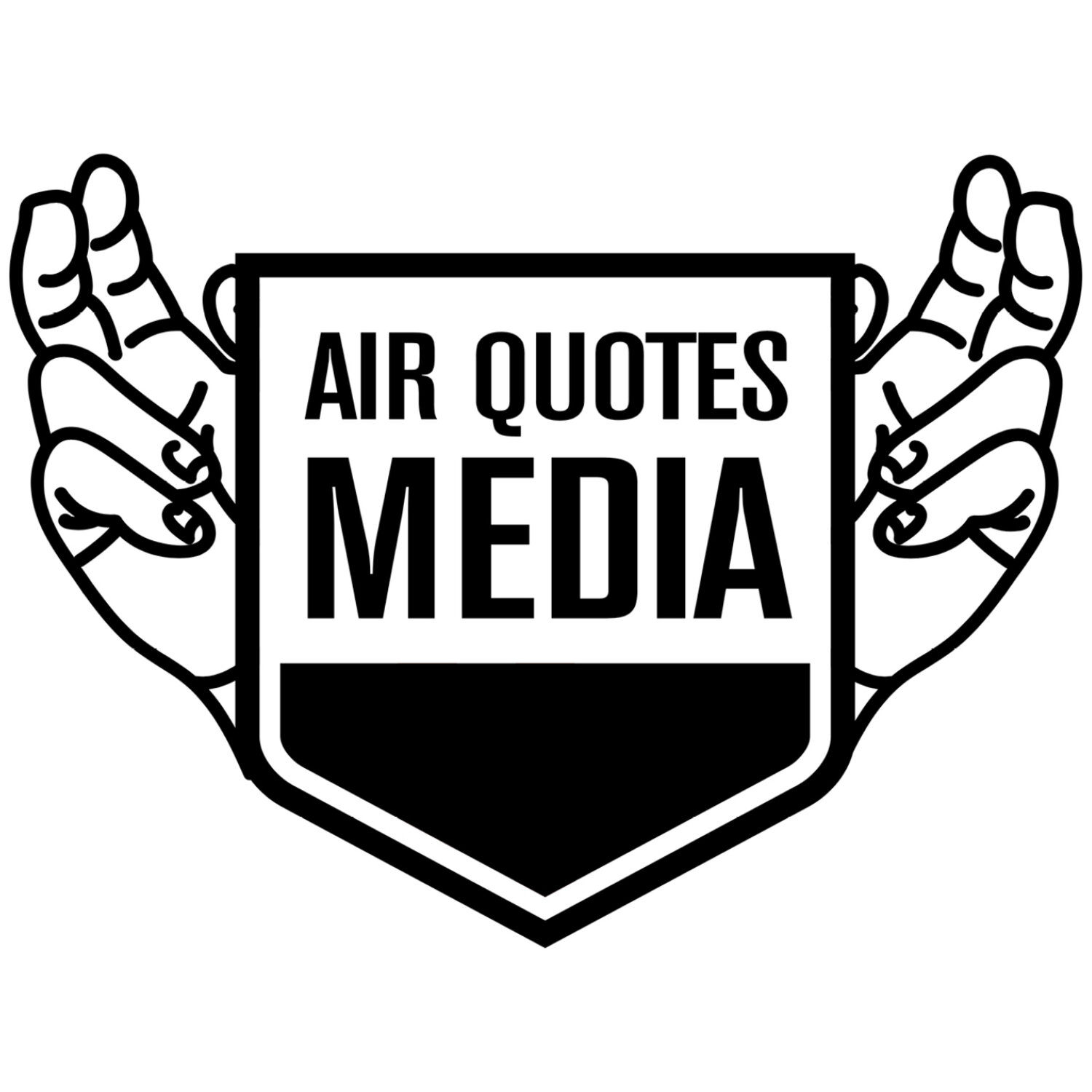WHAT I SAW THROUGH THE LOOKING GLASS
Michael Coteau
“WHAT I SAW THROUGH THE LOOKING GLASS” by MPP Michael Coteau is a contribution to Air Quotes Media in association with our new video podcast series “Through the Looking Glass: Race in Canada.”
Racism is a complex, multi-layered, provocative and personal topic.
That is why most who can avoid it, do just that. However, the murder of George Floyd was a shift in perspective and one could no longer look away. As a result, non-typical conversations are taking place across Canada that reveal the true ugliness and extent of racism.
David Herle’s new series, “Through the Looking Glass” aims to peel away at the many layers of hate through a focus group format of Canadians separated by race. He’s taking us behind the scenes to see these unfiltered conversations firsthand.
Yet, at first, in all honesty, I was not sure David -- a middle-aged, white man, who confesses to never feeling unwelcome in Canada -- could lead such a conversation with the honesty it deserved.
However, by the end of episode one, I was convinced that his approach, the rawness of the format and his questions did begin to reveal the long-lasting pain and impact of racism.
For instance, there is a turning point in episode one when a participant of Asian descent begins to tell her story of how she was perceived in her northern town after the election of former president Donald Trump. The discrimination impacted her so strongly that she began to consider lightening her skin and hair, and would wear shaded glasses to avoid confrontation and hate.
The emotional impact of this story can be felt by the audience and sets the stage for the following two episodes that ask questions like, “Who is discriminated the most in Canada?”, “Do all lives matter?” and about what difference exists between us and our southern neighbours.
The answers are authentic, blunt, and simulate new perspectives and attitudes. Responses by the participants are clear and some could have been anticipated, but at times simple word choices reveal deeper systemic issues below the surface. The listener bears witness to an example of these nuances in language. In one particular instance, a white participant who appears to really mean well, nonetheless refers to his Black employee as “one of my ladies”, even as he seeks to defend her and to validate her real experiences of racism. These are the complex, challenging ways this issue can manifest itself, even when someone is trying their best.
Governments, political parties, universities, businesses -- all of civil society -- can mean well but still make mistakes when it comes to diversity. The answer is to be humble, willing to learn and ready to change.
Over the last year, COVID-19 has dominated our every-day lives. For many months, it was the exclusive story reporters and people were talking about. Then on May 25th of last year, the world changed. The death of George Floyd revealed an undeniable truth that too many had turned a blind eye to -- that racism literally kills. Millions began to protest the unfair treatment and called for justice for Black and racialized people in our country and around the world.
A colleague from my days on the school board used to say that “there is a cost to standing still.” That phrase resonated with me. I took it to mean that our inaction as society and in government has its own cost -- financial, social and on the life of an individual -- and that truly measuring the “cost/benefit” of a decision has to consider the real impacts of not addressing something that needs fixing. The original Through the Looking Glass had a conversation between Alice and the Queen that is actually a perfect summation of how hard anti-racism work is; the Queen says, “Now, here, you see, it takes all the running you can do, to keep in the same place. If you want to get somewhere else, you must run at least twice as fast as that!”
We have to run twice as fast to address racism. The question now is how do we unpack what has happened over the last year, accept the truth of the last 400 years -- from slavery and genocide against Indigenous peoples, to civil rights and the Black Lives Matter and Idle No More movements -- and begin to build a better Canada that truly embraces its reputation of diversity as its strength.
“Through the Looking Glass” is a good example of what this unpacking looks like: it is a raw, unfiltered look at the naked truth. There’s that old axiom that knowing the truth will set you free. When it comes to racism, facing the truth will help contribute to a much-needed, long-overdue conversation between Canadians, and help us build the country we all deserve.
Because once you look racism in the face, any person of goodwill cannot help but want to see it addressed, excised and resolved.
. . .
ABOUT THE AUTHOR:
Michael Coteau - Michael Coteau is the Member of Provincial Parliament for Don Valley East and was the Minister for Anti-Racism in Ontario.
The views expressed belong to the author.
Read more opinion contributions via QUOTES from Air Quotes Media.

